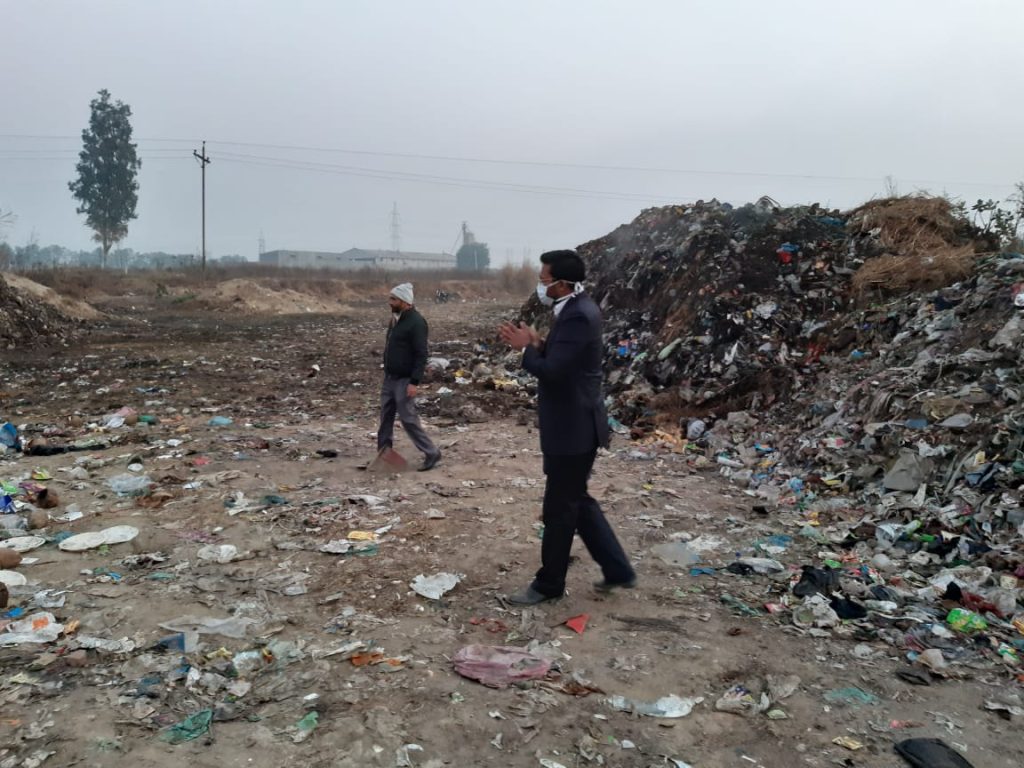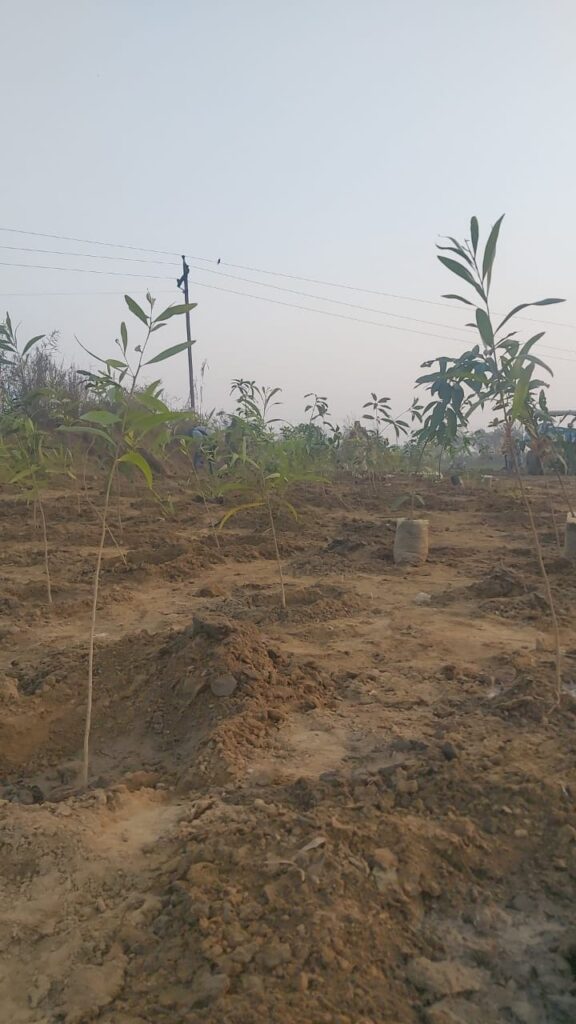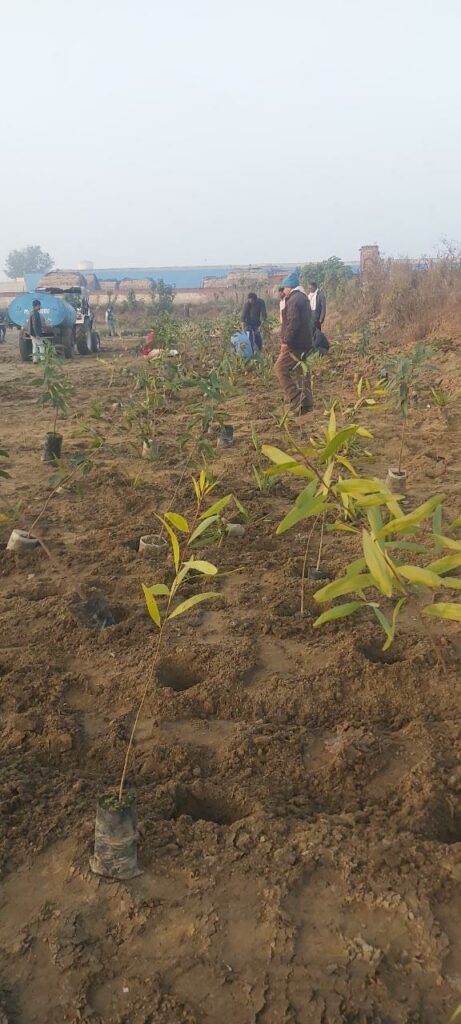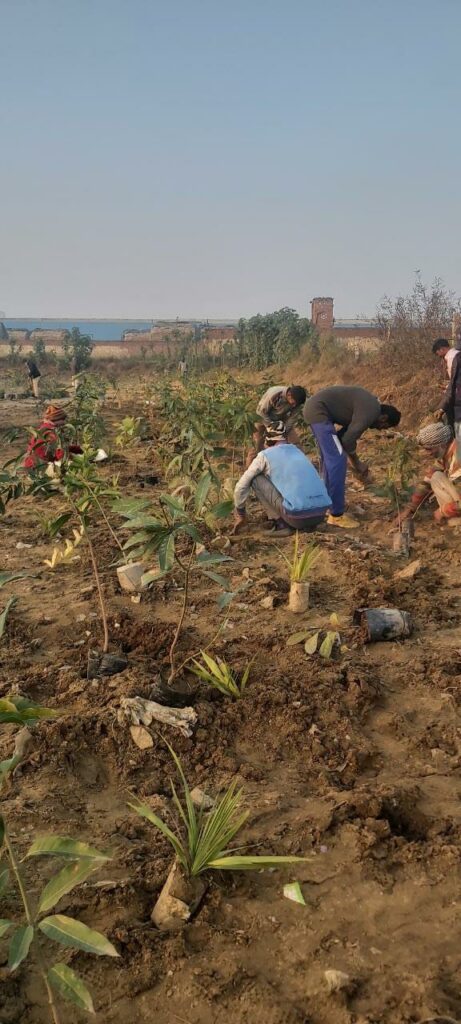Experience, even in civil services, counts for lot. Top bureaucrats don’t reach the top of their careers in a day; years, even decades of meticulous hard work is needed before they reach the finishing line in the stadium of their lives, and the cheering spectators rise up in unison. But today, let’s talk about a young officer barely out of his training, for he has made a mighty big impression in the bureaucratic circles.
The 2019-batch IAS officer Mr Akash Bansal has just converted a garbage dumping ground in the Mulanpur town of Punjab into a mini forest. The transformed sight, with the foul odour of trash done away with, now has 1,000 saplings. In the coming weeks, their strength will be raised to 10,000.
A large credit for this magical transformation goes to a young Mr. Bansal, though in his endeavor he was supported by a veteran IRS officer Mr. Rohit Mehra. A 2006-batch officer, Mr. Mehra has been instrumental in creating more than 80 mini forests all across India.
IDENTIFYING THE DUMPING SITE
After his training, Mr Akash Bansal was made the in charge of the Municipal Council of Mullanpur town in Punjab. Solid waste management was something which this officer was interested in from the very beginning.
As he recalled in an interview, “We started with ‘Plastic Free drives’ in which the plastic waste which is scattered on roads and fields was collected. Ninety percent of the plastic waste consists of plastic bags which are not collected by the ragpickers. Therefore, we conducted an awareness drive in which we involved school students from 10 different schools in the town. People came from their households and schools and helped us in collecting the waste.”
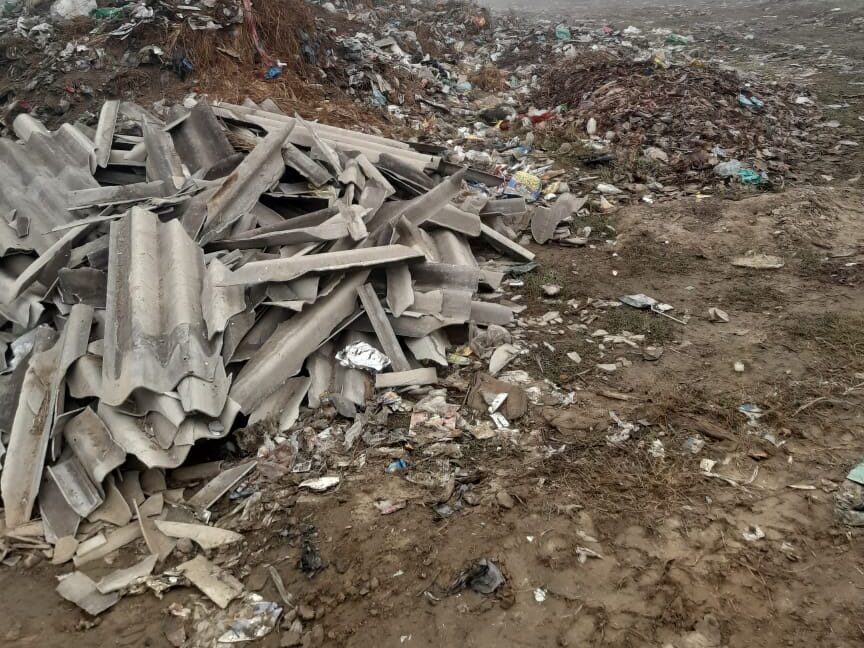
“During the process, we managed to collected 10 tonnes of plastic waste which is equal to 10,000 kilograms. After collecting it, we segregated it and sent for recycling purpose. During the same time, I also identified a three-acre land which was being used as a dumping site. The waste was fully scattered in the whole area and it needed to be maintained as soon as possible”, he added.
CLEARING WASTE AND PLANTING SAPLINGS
Soon after he got to know about the dumping site, Mr Bansal quickly sent a picture of it to the IRS officer Mr Mehra who was posted in Amritsar, Punjab. Mr. Bansal said, “I got to know Rohit Mehra sir when he visited LBSNAA for a lecture. Since then, I was inspired by his work and was on pretty good terms with him. As he is known as the ‘Green Man’ of India and has made jungles in various parts of the country, he was the best person to contact for the initiative.”

To take up such an initiative the convergence of various departments was necessary. First of all, JCBs and manual labour were used to collect the waste. The JCB was provided by the Municipal Corporation. After collection of waste at the centre of land, the manure was added to the soil which was provided by an NGO. Soon, 1,000 saplings of eight different varieties provided by the District Forest Officer (DFO) were planted on the dumping site.
TAKING HELP FROM AN EXPERT
IRS officer Rohit Mehra while speaking with Indian Masterminds said, “Akash contacted me regarding this idea and I was more than happy to help him out. As his district training will end in a few months, he wanted to do something remarkable during that time. As I have a past experience of making many forests in places like Amritsar, Ludhiana, Delhi, Surat, Vadodara, Kolkata etc., I was very keen to help him out with this initiative.”
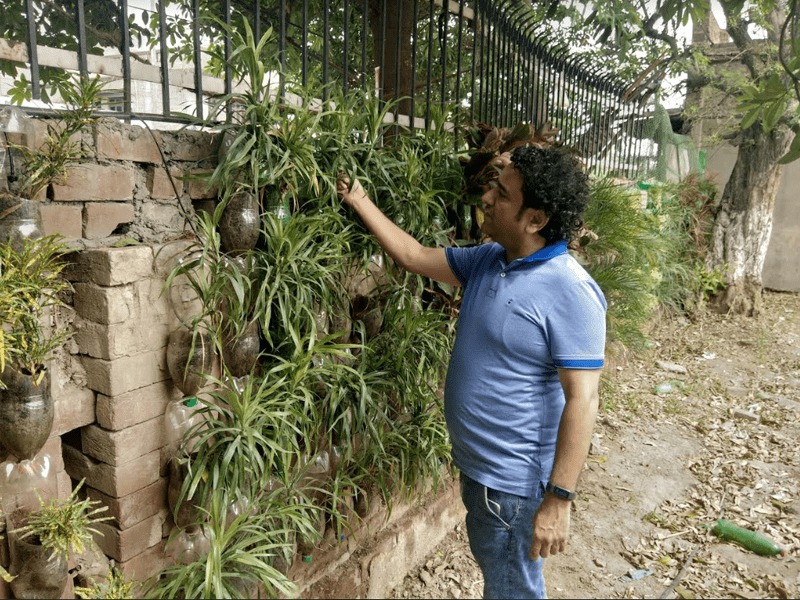
“The land was being used to collected the town’s waste for the past 10-15 years. We collected the total waste in a small area at the centre of the land and started digging the soil for plantation. Eight varieties of sapling were planted so that all the plants receive adequate nutrition and can live like a family”, he added.
Thanks to the novel approach of the IAS-IRS duo, not only a mini-forest has come up on a place where none existed before, it’s also benefitting the people of the town.

